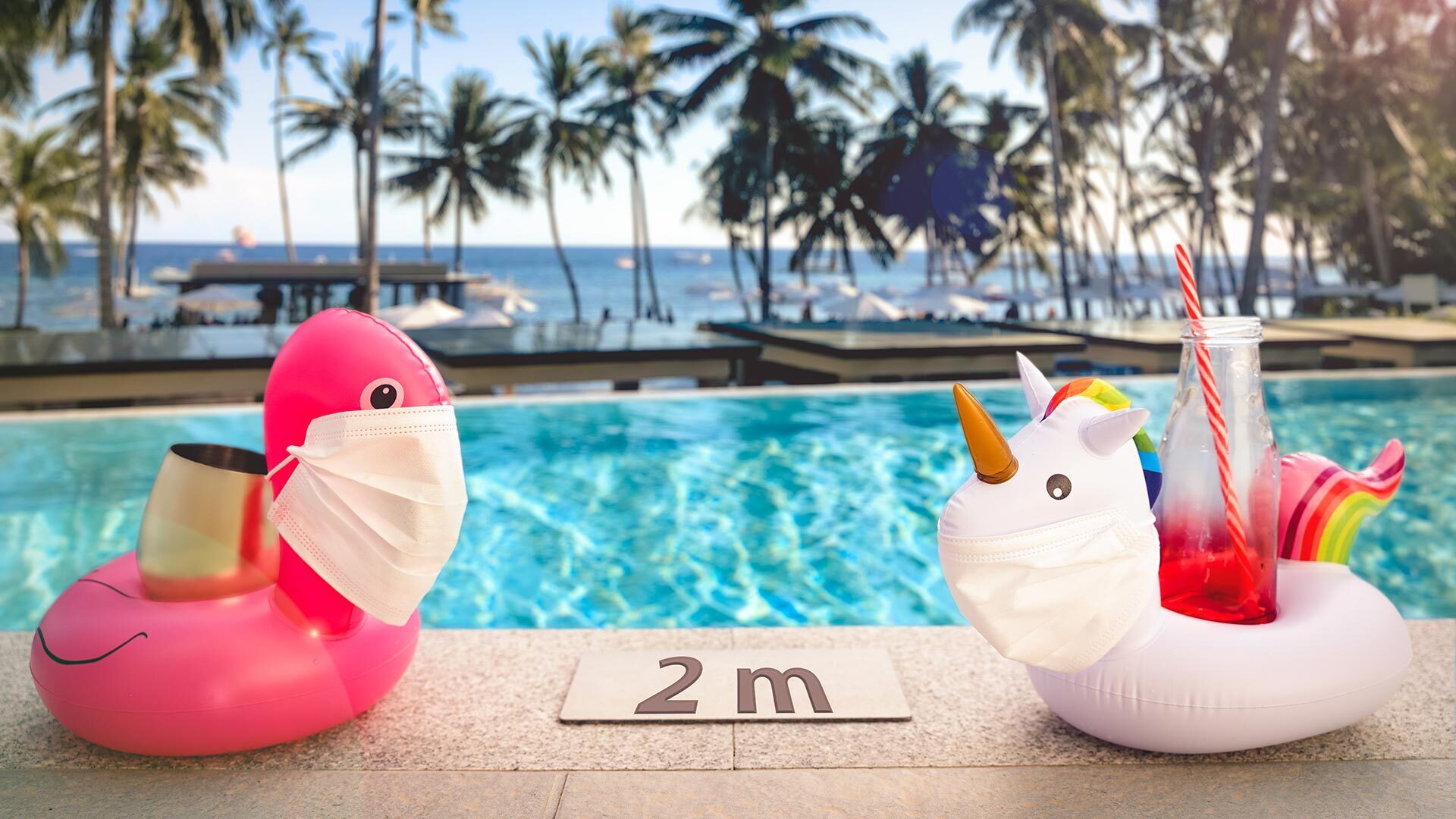- May 28, 2020
- By Pablo Suarez
With summer on the horizon and a pandemic seemingly permanently in place, people have begun rethinking their vacation plans. Traditional leisure activities now look like a high-risk proposition.
But taking that time off is as important as ever, said J. Gerald Suarez, professor of the practice in systems thinking and design at the University of Maryland's Robert H. Smith School of Business. “Seeking a ‘safecation’ begins with our desire to reinvigorate our spirit and recharge our soul, and this can happen anywhere we are.”
The mix of powerful emotions the COVID-19 crisis is triggering—such as fear, guilt, worry caused by the loss of life, financial vulnerability and job insecurity—is like a psychological Molotov cocktail, Suarez said. Add to these worries the responsibility of homeschooling children, daily house tasks, adapting to new technologies and the demands of virtual work, and it can get to be a bit much.
All of these factors play into why taking advantage of that time off is so necessary, Suarez said.
“We’ve lost our sense of stability, and the demarcations between home life and work life are blurred,” said Suarez. “We’ve been working in overdrive with no transitions and decompression time from work to our home.”
Pandemic-era vacations won’t be like the ones we are used to, Suarez said. But the reasons why vacations are important and the benefits they offer remain unchanged.
Flatten the curve, not your dreams.
Indulging your fear initiates a cycle of unproductive worry. Worry exists in our imagination through images and narratives of something going wrong, said Suarez. We can channel that energy and gain a sense of control if we change the images to desired positive outcomes. Planning a vacation gives us permission to dream, a sense of control and something to anticipate with excitement.
Put yourself on digital quarantine.
Disengage from stressful activities and place your needs at the top of your list of priorities, Suarez said. Reduce the overstimulation and bombardment of information brought to us by social media. Disconnect from technology and reconnect with yourself.
View the world through the eyes of a traveler.
Recalibrate your perspective and appreciate the moment with mindfulness. Traveling forces us to see differences among things that are similar or familiar. We can accomplish the same by looking at our surroundings through the eyes of a traveler, Suarez said. Changing your patterns and performing your routine in a different room in the house can help in creating a modified experience in your habitual setting. These simple tasks may stimulate and invigorate you in unexpected ways, he said.
Creating a modified vacation experience must be done with a sense of optimism, embracing the possibilities of your surroundings and most importantly trusting your resiliency to adapt and derive joy from it. Here are some first steps Suarez recommends to move in that direction:
- Explore nature
- Read books not related to work
- Take on new physical fitness challenges
- Rearrange the furniture in your house, give it a new look
- Engage the family in fun and interactive activities
